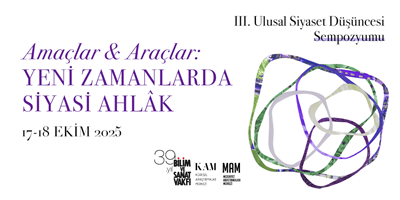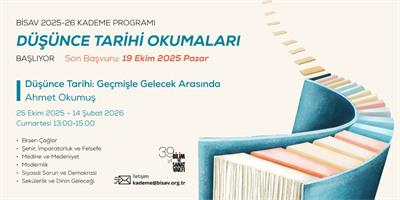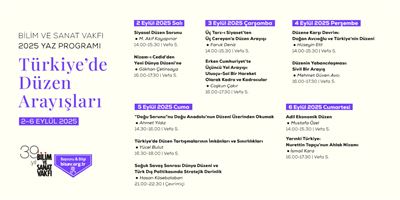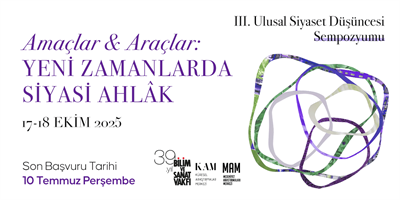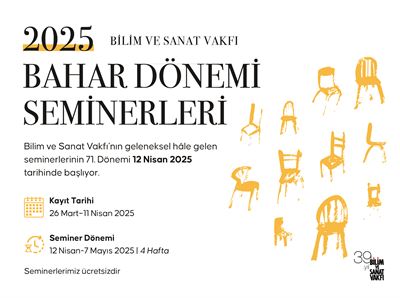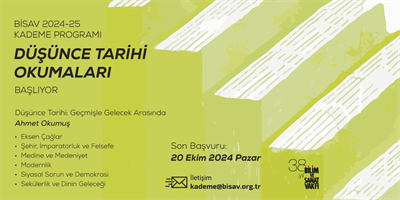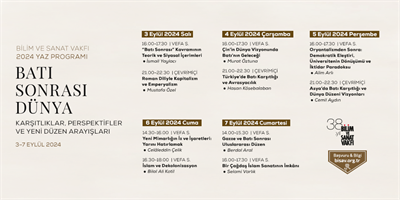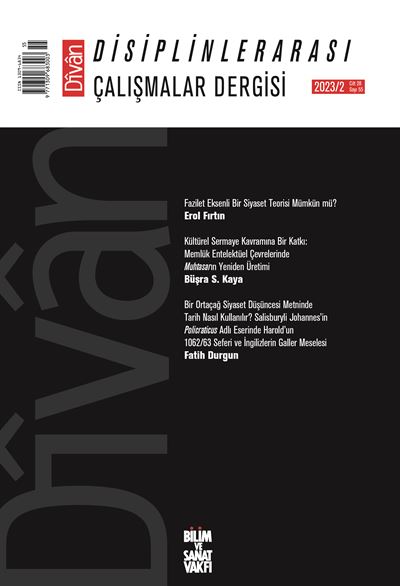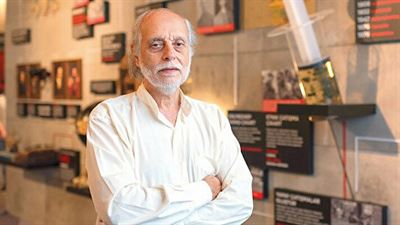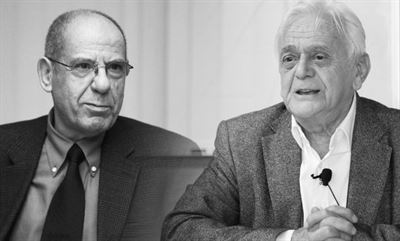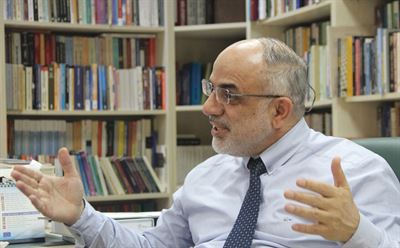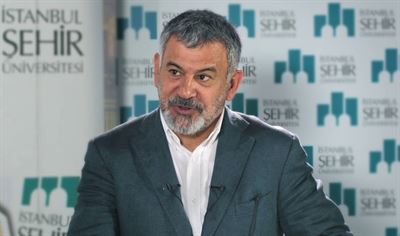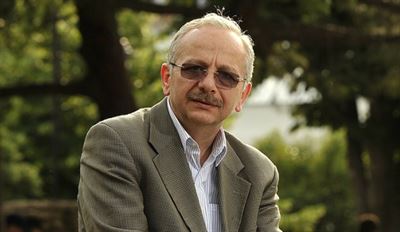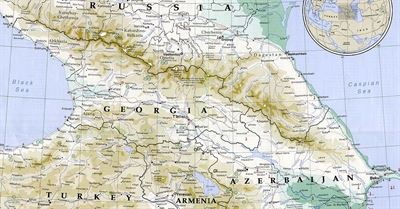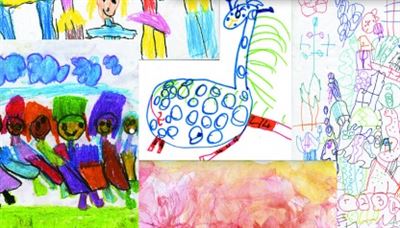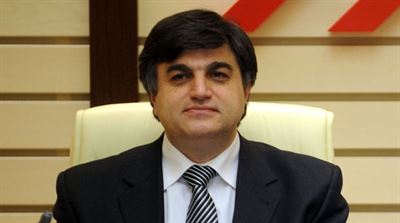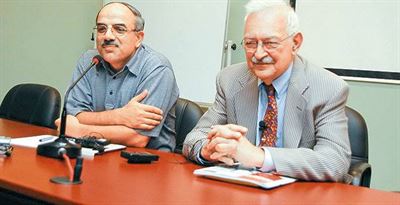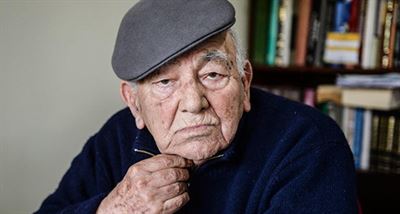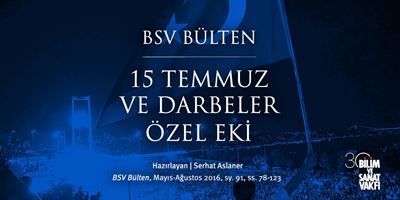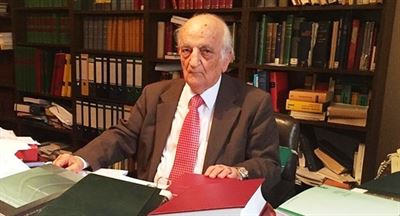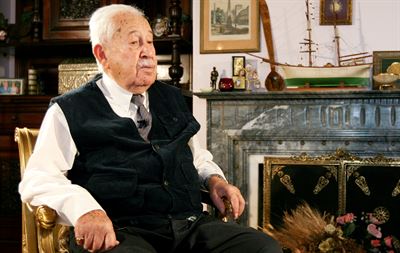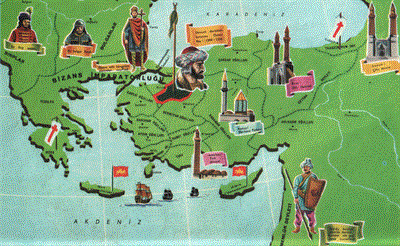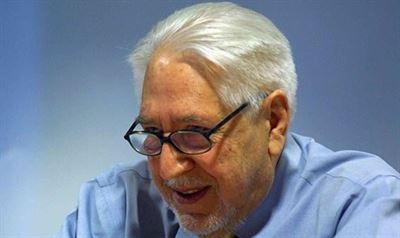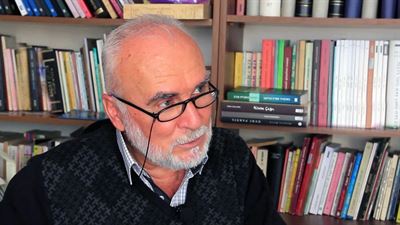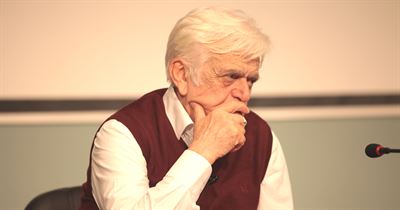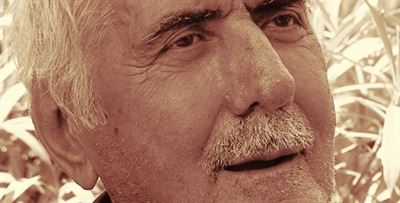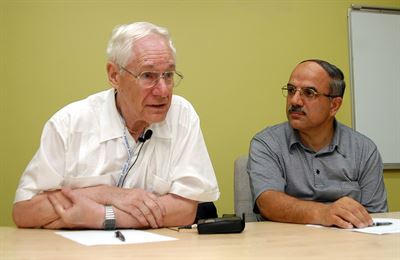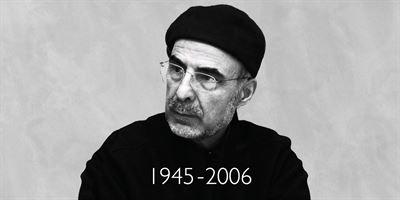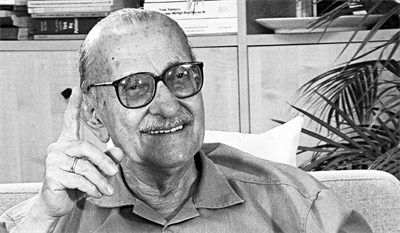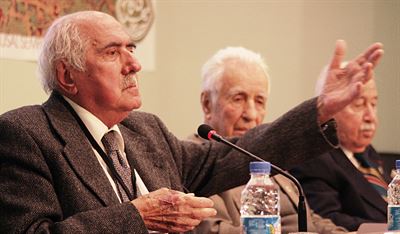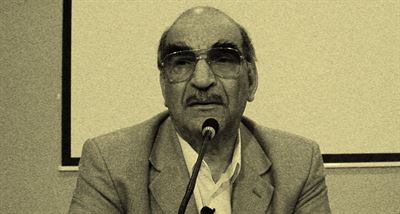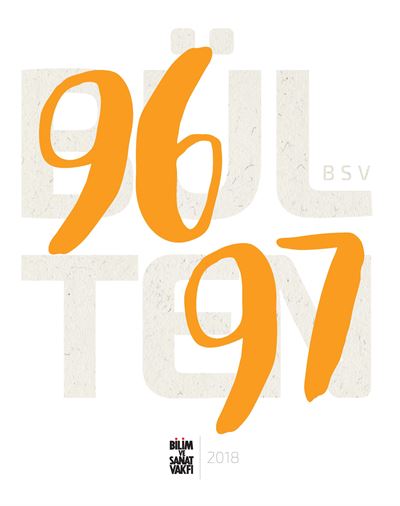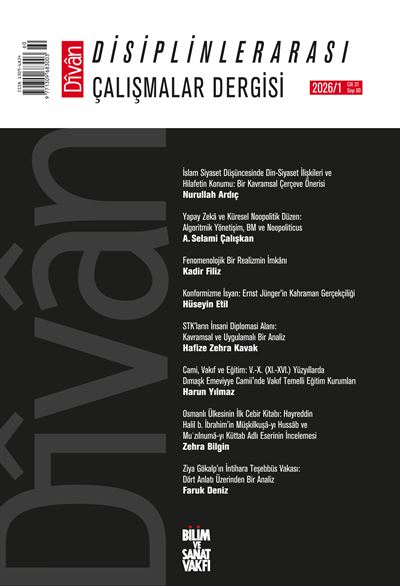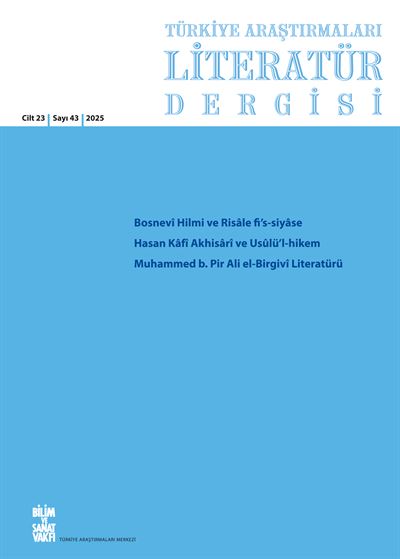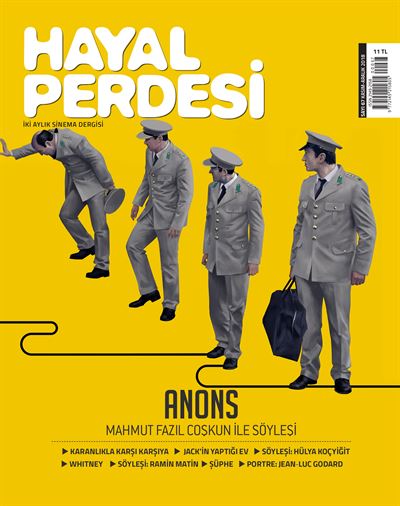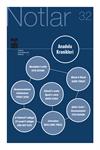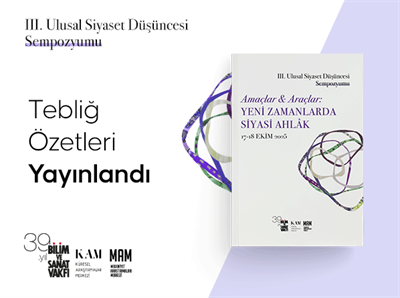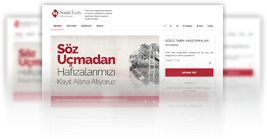
- HOME PAGE
- RESEARCH CENTERS
- SAM
- The Metaphysics of Sacred Art
SAM ROUNDTABLE MEETINGS
The Metaphysics of Sacred Art
Muharrem Hafız
Wednesday, January 10, 2018 5:00 PM Salon: ŞAKİR KOCABAŞ SALONU
On January 10th 2017, Center for Art Studies will host Muharrem Hafız under the Kırkambar Dissertations and Articles. He will deliver a speech about “The Metaphysics of Sacred Art ” based on his thesis.
The event will be held in Şakir Kocabaş Hall of the Foundation for Sciences and Arts at 17:00.
The event will be presented in Turkish, and is free to public.
İLGİLİ YUVARLAKMASALAR
- The Euroscepticism in Turkey: An Analysis of PRP (CHP), NAP (MHP), and JDP (AKP)
- Turkish-Persian Literary Relations
- The Concept of Circle of Justice: Its Genesis and the Basic Elements
- Metaphysical Evil and Art
- Ottoman Philosophical Legacy
- Philosophy of Death
- Political Philosophy of Farabi: Its Origins and Originality
- Divine Perfection in terms of Philosophy of Religion
- Self-Knowledge in Avicenna and Descartes
- Babanzade Ahmed Naim as a Member of Darulfunun Philosophy Department
- Contemporary Art in Turkiye at the Context of III. International Istanbul Triennial
- The Travelling Storytellers
- Law and Morality: Bounded or Distinct? An Argument on Hart
- Dream (Rüya)
- On the Track of Tale
- Confronting through Foreign Policy: AK Party, Military and Kemalism)
- The Problem of Meaning in Literature, Music and Calligraphy
- Conquering the Desert: Christian Asceticism and Monasteries
- Mutual Origin of Art and Philosophy: Techne in Platon
- Album
- The Apprentice (Çırak)
- Architecture in Turkiye in 2000s: Problems and Opportunities
- Ethical and Political Thougth of Taşkoprizade
- Turkish Novel ve Politics
- Cold of Kalandar
- Turkish Tradition Theater and Karagöz
- The Challenge of Europe's "Now": Time in the Romantic Age Architecture
- Symbol and Metaphor in Paul Ricoeur’s Philosophy
- Jewish Modernization and Religion
- Carl Schmitt's Partisan Theory
- Critique of Mimesis in Platon’s Thought
- Transformation of Art in Türkiye
- Realm of Examples in Ishraq Philosophy
- Islamic Visual Culture between Theory and Practice
- The Possibility of Talking about Being in Terms of Being: An Analysis Based on Islamic Metaphysical Traditions
- Histrocitiy of the World in Hegel and Heidegger
- Tensional Friendship Between Literature and Cinema
- Cicadas and Ants
- Economy-Politics of the Turkish Foreign Policy During the AK Party Period
- Deification in ancient Greek Philosophy
- Furu-ı Fıqh Books as a Source of Islamic Political Thought
- Cinema at the Crossroads of Philosophy and Literature
- All Felicities Are Possible
- Cinema in the Ottoman Empire from the Period of Autocracy to the World War I
- From Art to Truth: Heidegger, Van Gogh, Schapiro, Derrida
- Müslüman Kalarak Avrupalı Olmak Çağdaş Türk Düşüncesinde Din, Siyaset, Tarih, Medeniyet
- A Wooden Building Cooperative in Afyon
- Documentary Cinema and the Artistic Adventure of Reality from Literature to Cinema
- Geometric Patterns in Classical Ottoman Architecture
- Modernism and House
- General Legal Arrangement Efforts in Ottoman Cinema: The Fate of a Lâyiha
- Philosophical Hermeneutics and Art
- The Birth of Modern Family and House in Istanbul Since
- Mirâciyye
- Tanpınar and the Third Eye of Ra
- Film as a Material of History
- Urban and Neigborhood in Trebizond of Ottoman
- A Neighborhood Fiction: İznik Toki Houses
- Understanding Collaborative Partnership Practices in Cultural Heritage Management: Case Study of Maritime Greenwich
- Cinema and Philosophy
- House in the East Blacksea and a New Trial: House of Yaşar
- From the 19th Century to the Present: Romance, Melancholy and Politics
- Cultural Production Spaces in Ottoman Society
- The Legend of Yaşar Kemal
- The making of a cinema culture through cinema magazines in early Republican Turkey
- Yahşibey Houses
- The Story of Two Houses in Fatih
- Cinema Between Reality and Magic
- Edirne Uc Serefeli Mosque and the Restorations up to the Republican Period through the Documents
- The Same Man's Story: İsmet Özel and Partisan
- The Challenge of Algorithmic Fiqh
- Yaralı Erkeklikler: 12 Mart Romanlarında Yalnızlık, Yabancılaşma ve Öfke
- The Genius Grandson of the Prophet: Şerif Muhiddin Targan
- The Latecomer Home
- Palestinian and Jewish Citizens of Israel in the Identity Security
- Let Children Play
- Mesud Cemil
- Historicizing The Novel: Madonna in a Fur Coat as a Literary Event
- Çoker House
- Talk with Eric Broug: On Islamic Geometric Patterns
- Hybridizing Conflicts and Power Pendulums
- İnsan Varsayımı (I): İnsanca, Pek İnsanca
- Romantic Guardians of Lost Time: Yavuz Turgul Movies and Nostalgia in the Context of Social Change After 1980
- An Urgup Experience in the Context of Locality
- İslamcıların Siyasi Görüşleri 2
- Gelibolulu Mustafa Âlî’nin Kayıp Farsça Divanı
- The Street of Sedat Anar: Sokaknâme
- The Continuities and the Changes of Child İmage in Turkish Cinema from Yesilcam to Arabesk
- The Disaster of the Ideological Intervention on Culture and Art: What the Experience of Socialism Can Teach
- From Fasıl to Chorus: Choir as a Standardizing Tool in Classical Turkish Music
- National Vision Movement: Political and Social Transformations
- Cultural Policies in the Centennial of the Republic
- Poetry and Economics: On 'Twenty Reasons I Hate John Maynard Keynes'
- The Center for Global Studies organizes the second meeting of 2023 as a Book-Article. We will discuss the issue of "tajdid" with our teacher Özgür Kavak and the issue of "political tajdid" in the context of political pursuits in the last period of the Ottoman Empire. The meeting will start on Saturday, January 14, 2023 at 15:00 in Şakir Kocabaş Hall.
- Warriors Without Borders? Rethinking Foreign Fighters in Modern Conflicts
- Artificial Intelligence, Translation and Publishing
- The Left's View of Religion in Turkey Between 1908-1974
- The Political Ontology of Communitarianism
- Artificial Intelligence and International Relations: The Possibility of a Global Nopolitical Order
- The Syrian Revolution: Past, Present and Future
- Agonistic Politics in Contemporary Political Philosophy
- Continuity in Avicenna's Philosophy
SEMINARS

As the most traditonal activity of BISAV, the courses take place in every fall and spring of a year.
MORE INFO

